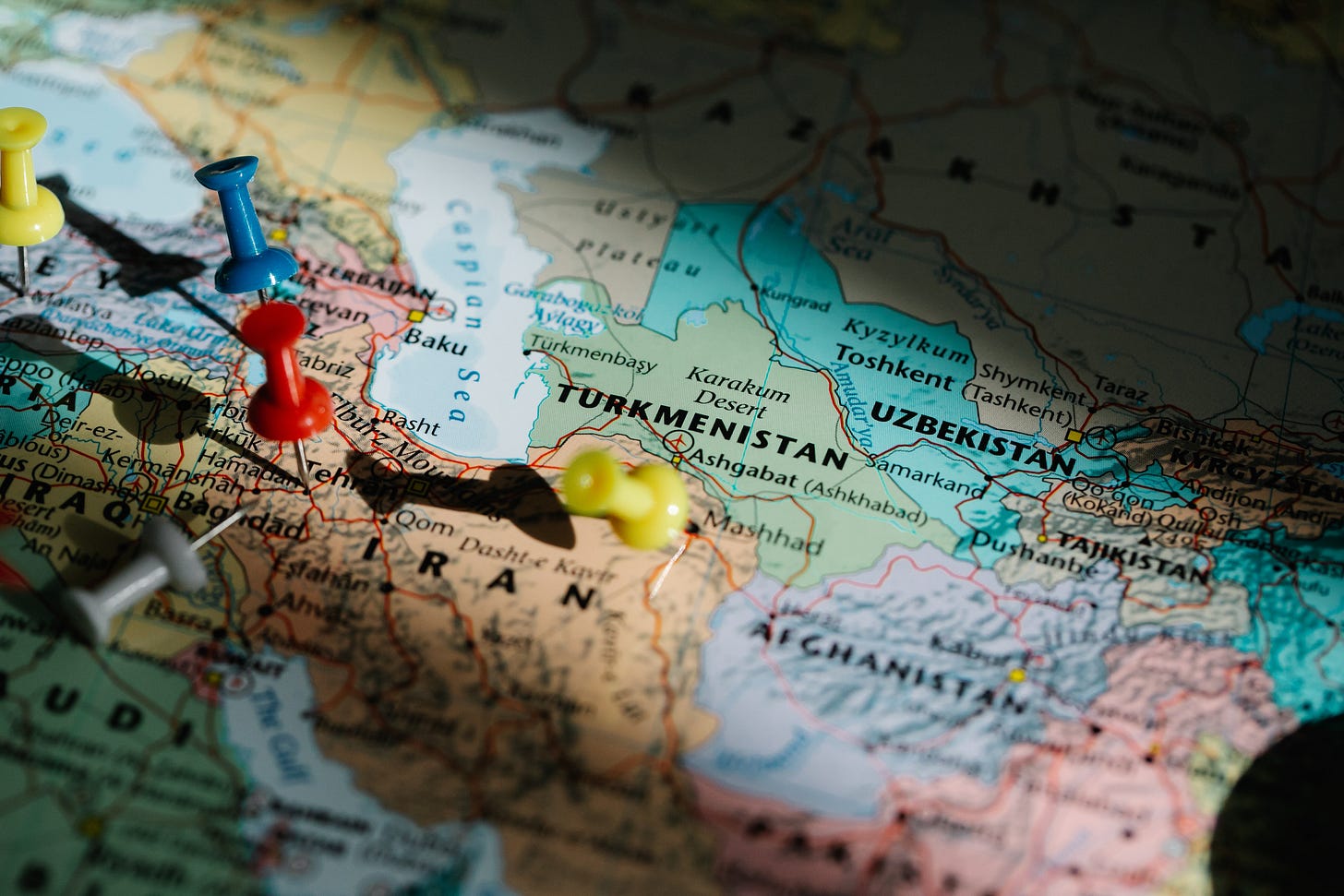Why I Created This Substack: Challenging Conventional Wisdom on US Foreign Policy and Iran
and writing a bit more candidly & informally about issues that interest me
Hello and welcome to my substack! I’m excited to join this platform, where I’ve been a loyal reader of many insightful authors for a few years now. My name is Sina Toossi and I’m a researcher, writer, and commentator on US foreign policy and Iran. In this substack, I hope to share with you my insights and opinions on a variety of topics that fascinate me - from geopolitics and diplomacy to history and culture.
Why substack? Well, because Twitter sucks. Okay, maybe that’s a bit harsh. I still use Twitter as a tool to engage with experts, journalists, activists, and readers. But ever since Elon Musk took over, Twitter has become increasingly frustrating to use. He’s turned it into his personal propaganda machine, where he can manipulate the masses, the media, and politicians with his lies and antics. He’s also made Twitter an even bigger cesspool of misinformation and disinformation. It’s hard to have a meaningful conversation on Twitter these days, let alone learn anything new.
That’s partly why I decided to create this substack. My goal is not to lecture you or tell you what to think, but rather to invite you to join me in exploring these topics with curiosity and openness. I want to challenge some of the conventional wisdom and dominant narratives that shape our understanding of US foreign policy and Iran, and offer alternative perspectives that are based on my understanding of the facts, evidence, and logic. I also want to write in a way that is accessible and engaging - including on other topics that interest me, such as mindfulness meditation.
For my first post, which I aim to publish here in the coming days, I have chosen a topic that is both timely and complex: how can we reconcile support for human rights in Iran with diplomacy with the Islamic Republic? This is a question that has been at the heart of the debate over Washington’s Iran policy for decades, but it has become even more relevant and urgent in light of recent developments. According to multiple credible reports, the Biden administration is seeking diplomatic de-escalation with the Islamic Republic as it seeks to avoid another war in the Middle East. But he is facing criticism not just from the usual hawks - who cry appeasement at any prospect of diplomacy with Iran - but also from some quarters who say that diplomacy and sanctions relief equates to betraying the people of Iran and the protestors of the Mahsa Jina Amini uprising, who have faced brutal repression from the Islamic Republic for their calls for fundamental political change.
How should we think about this dilemma? Is it possible to pursue both human rights and diplomacy with Iran? Or are they mutually exclusive? How do we balance our moral values with the realities of geopolitics? And what role can we play as citizens, activists, scholars, journalists, or policymakers in shaping the US approach to Iran?
These are some of the questions that I will try to answer in my first post, drawing on my own research, experience, and values. I don’t claim to have all the answers or the final word on this issue, but I hope to offer you a thoughtful and nuanced perspective that will stimulate your thinking and spark a constructive dialogue. Stay tuned!


